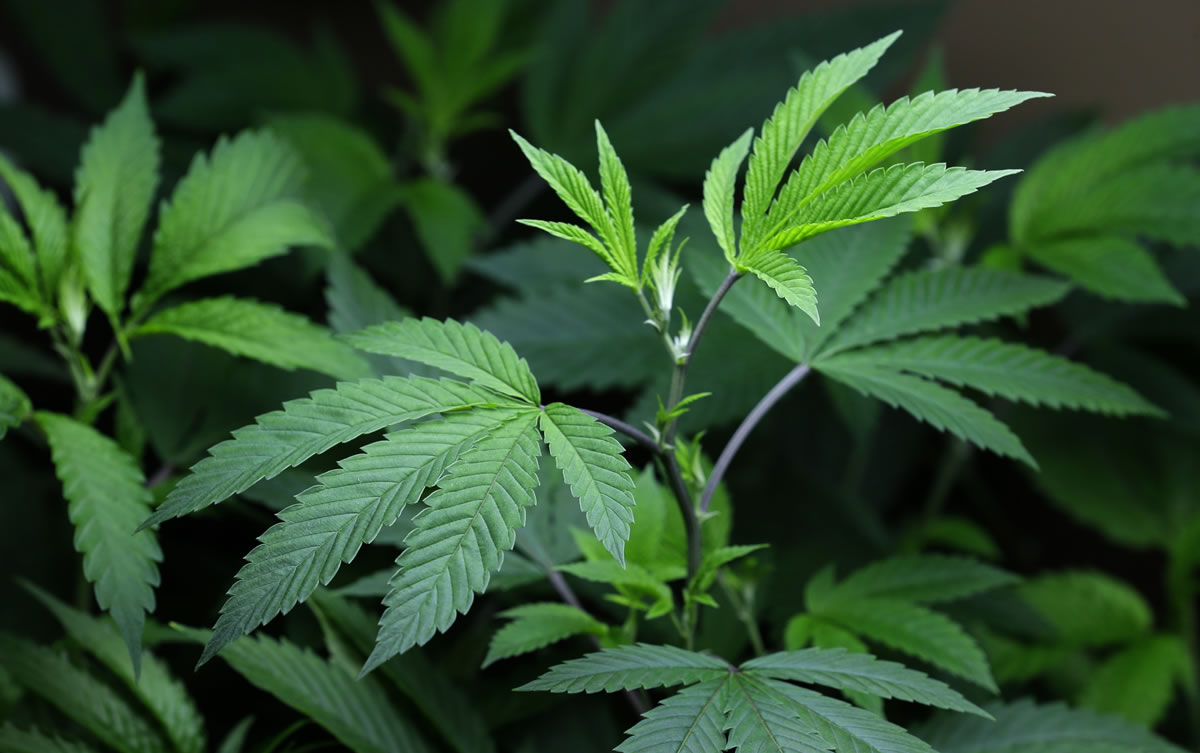For more information on marijuana licensing, visit:
lcb.wa.gov/marijuana/faqs_i-502
Neighborhood marijuana stores could open across Washington as early as May or June, according to state officials who on Monday will launch the licensing process to legalize pot growers, processors and sellers in response to voter-approved Initiative 502, which passed last November.
A 30-day licensing period starts at 8 a.m. Monday with the launch of a website for marijuana businesses to submit applications online. The forms, which can be printed and turned in by mail or in person, must be received by 5 p.m. Dec. 19, state officials said during a press briefing Tuesday. Every application filed during the period will be considered by the Washington state Liquor Control Board.
The state will first review applications from growers and processors. Retailers will be the last group to know whether they have the OK to open a pot-selling business as one of Washington’s 334 licensed marijuana stores, including 15 sites in Clark County.
The state decided to put growers and processors through the licensing process first as part of an effort to stock the newly emerging market, said Becky Smith, marijuana licensing and regulation manager for the Washington State Liquor Control Board. The agency will allow an unlimited number of growers and processors to apply, although the three-member board established rules in September that limits marijuana production to 40 metric tons, or a little more than 88,000 pounds, for 2014.
A lottery that kicks in after the application window closes will decide which applicants will be allowed to sell pot if the state receives more than 334 applications statewide, or more than 15 in Clark County. Smith said potential pot sellers should apply even if they plan locations within communities that have imposed moratoriums on marijuana sales. Such suspensions were adopted by both Clark County and Vancouver in order to figure out zoning and other restrictions. Although the applicants will be expected to comply with local authorities, “We will continue to process their applications,” Smith said, “The one thing we want applicants to know is we’re here to help them all the way.”
Smith said applicants will receive a letter within 14 days, and an investigator will then undertake the compliance process. She said the state has hired 14 investigators and two supervisors for the legalized marijuana program, which will track the product from seed to sale.
Businesses that produce and process pot will be required to label the merchandise with warnings of its intoxicating and possibly habit-forming nature. Sellers must restrict marijuana sales to 8 a.m. to midnight. On-premises consumption is barred, among other rules.
Smith said all retailers will be put through a pre-screening check to ensure the businesses are operational and have security systems in place.
“They will have to have a promissory note,” she said. Retailers also must provide proof that building owners are aware of the business.
Smith acknowledged that it could take another 30 days to six months after the initial 30-day licensing window for a prospective business to comply with all the requirements. But, she said business applicants don’t need to meet the pre-screening requirements until after the lottery.
Liquor board officials declined to estimate the number of applicants for Washington’s new regulated marijuana industry.
“We can’t predict how many,” said Brian Smith, a spokesman for the board.
The agency expects to release applicant numbers to the media every Tuesday during the nearly four-week application process. Liquor Control Board officials will then inspect and license growers, processors and retail stores, the first of which the state expects will be open by late May or June.
Brian Smith said language in the initiative does not allow communities to delay the measure indefinitely through the moratorium process.
“If a community bans (I-502 measures) and continues to pass moratorium, there could be legal issues,” he said.



